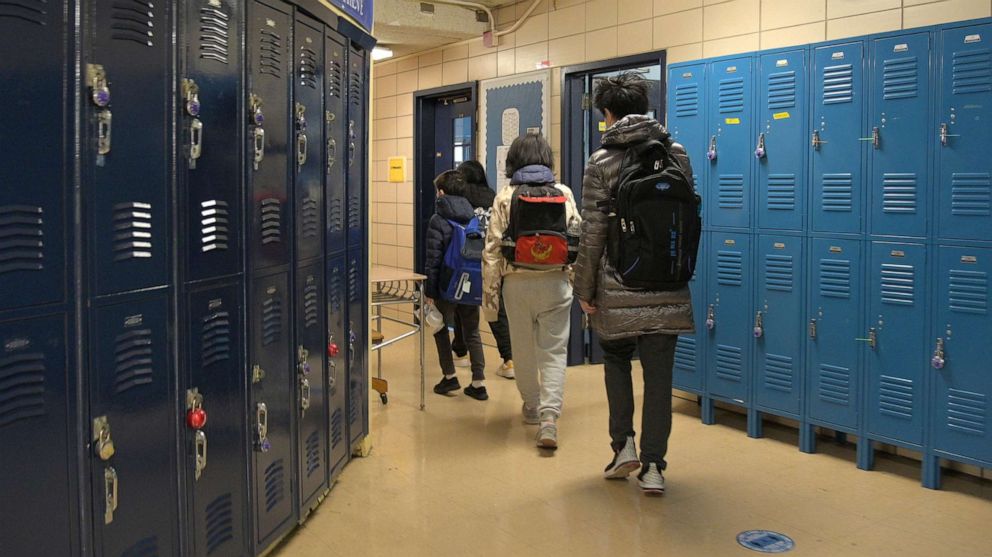
Although Dr. Anthony Fauci, chief medical adviser to the White House, predicted that a COVID-19 vaccine might not be available for high school students until the fall and for younger children until early next year, scientists and vaccine manufacturers say studies are moving as fast as possible to ensure vaccines are safe and effective for the nation’s children.
Pfizer and Moderna are in the midst of vaccine testing in children and teens ages 12 to 15 and 12 to 17, respectively, and both companies expect to have data by June. Companies will then start testing their vaccines in progressively younger age groups. Currently, the Pfizer-BioNTech vaccine is authorized for people over 16 years of age and the Modern vaccine for people over 18 years of age.
Experts say it is crucial to test vaccines in children through carefully designed studies. Children are not simply younger adults, meaning it is not safe to assume that any medication or vaccine that works well for adults will also be highly safe and effective in children.
According to the Centers for Disease Control and Prevention, more than 3.1 million children tested positive for COVID-19 and more than 240 died.
Studies for children look similar to those for adults, but with some key differences. As in adult studies, half of the participating children received an injection with the vaccine and the second half of the participants received a saline injection with placebo.
However, unlike adult vaccine trials, researchers will not have to register tens of thousands of volunteers and expect some to become infected as they develop their daily lives. Instead, they enroll a few thousand volunteers and analyze their blood to make sure the vaccine is doing its job of eliciting an adequate immune system response.
This means that experts predict that trials will progress faster than those in adults. It will probably take a few weeks instead of months to see the results.
“We are primarily looking for immune and safety responses generated, which correlate with vaccine efficacy in large numbers,” said Dr. Todd Ellerin, an ABC News contributor and infectious disease specialist at South Shore Health.
Immune responses in children will be compared with immune responses generated in adults after vaccination.
“In general, children have an equal or higher immune response compared to adults,” Ellerin said.
The way COVID-19 vaccines are being tested in children reflects the way other vaccines in children have been tested in the past, with researchers monitoring for new safety concerns in children.
“Clinical outcome data will continue to be collected, but these trials relate primarily to adverse events and immune (or antibody) responses,” said Dr. Michael Chang, a pediatric infectious disease specialist at Authealth’s McGovern Medical School in Houston. .
Although children need parental consent to volunteer, they can leave the study whenever they want, as can adults, according to Dr. Robert Frenck, principal investigator of COVID-19 vaccine trials at the Hospital. Cincinnati Children’s.
Experts say it is crucial to vaccinate children not only to protect them, but to stop the spread of the disease. Children usually have mild symptoms or not, but they can transfer the virus to their older loved ones at home.
“If you eliminate the infection in younger children, they don’t pass it on to adults, so you can have great control of the disease just by targeting younger children and eliminating the infection in that age group.” Frenck said.
Because children make up nearly a quarter of the U.S. global population, experts say vaccinating children will be crucial to achieving herd immunity, the time when so many Americans are immune to the virus. there is nowhere to go.
Raehannah Jamshidi, MD, Ph.D., a pediatric resident at UGealth Medical School at Houston UTHealth, is a contributor to the ABC News Medical Unit.